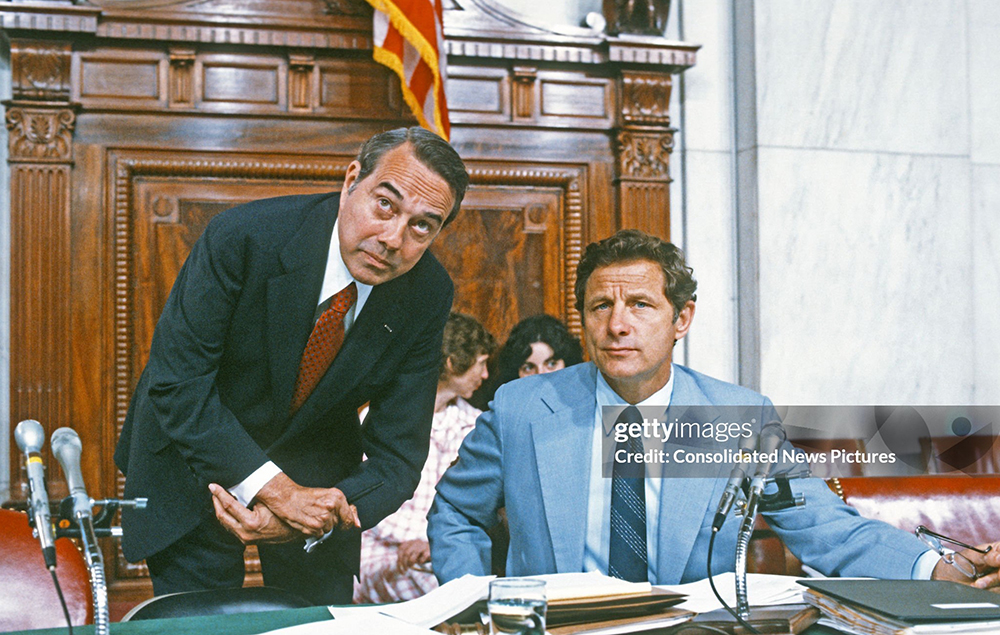Once in a while, a bill becomes law that is incredibly effective in creating incentives for a dynamic and hugely successful public-private sector partnership.
It happened in 1980 when two senators—Bob Dole of Kansas and Birch Bayh of Indiana, a Republican and a Democrat—got a bill passed that did just this.

Bayh-Dole, as it is now widely known, created a new pathway for private entities to bring new products to market using basic research by federal facilities that was just sitting on the shelf, unused.
Before that, the federal government had failed miserably at commercializing the intellectual property it owned through publicly funded research. As of 1978, the federal government had licensed less than 5% of the approximately 30,000 patents it owned.
After Bayh-Dole, more than 200 medicines have been developed through these partnerships.
The new law gives investors assurance that, if they invest in companies that rely on exclusive patent licenses, the companies would be able to control the intellectual property rights for their discoveries and products. This led to a dramatic increase in private sector and university research and immeasurable value to patients with the development of new life-saving drugs and other treatments.
So why is this an issue today? Because the Biden administration wants to throw a grenade into this carefully balanced ecosystem for research, development, and commercialization of a new medical technology. It wants the federal government to allow a competitor to “march in” and take over the patent if the government deems the price the innovator is charging for the product to be “unreasonable.”
So 10 of us got together and wrote a comment letter that we submitted on Tuesday to the Biden administration saying, basically, this is a terrible idea and they should withdraw their “misguided and dangerous framework” to protect the climate for research.
This is just another ploy to put drug pricing high on the list of campaign issues. But it’s another misfire that will damage innovation and medical progress.
Thanks to my colleagues, all of whom participate in conversations of the Health Policy Consensus Group, for joining in signing the letter. We concluded:
“In short, the proposal would be an assault on intellectual property rights, a right deemed so vital to economic development that it is enshrined in the U.S. Constitution. Opening the door to violation of these rights would weaken our economy by destabilizing the complex, integrated network of incentives and institutions that foster innovation, discouraging startup businesses, and giving adversarial countries new openings to exploit U.S. technological leadership.”

